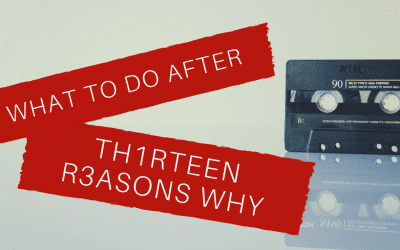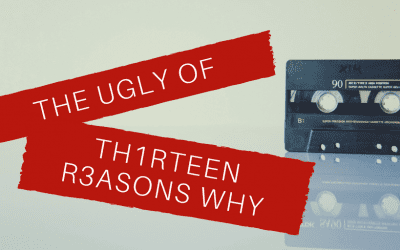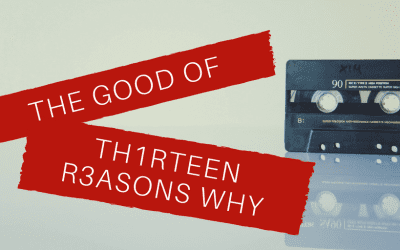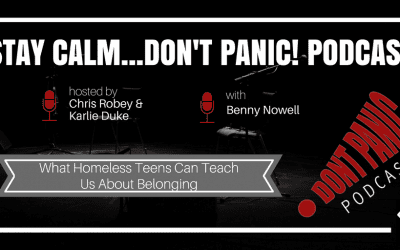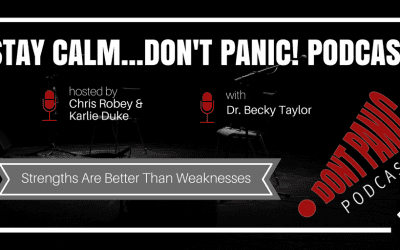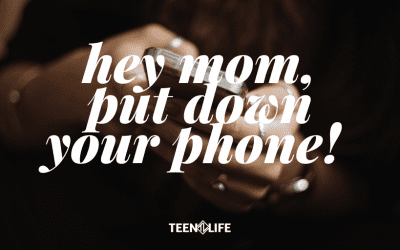No teen deserves to feel alone.
We connect every teenager with trusted adults and resources because no teen deserves to feel alone.
What makes a caring adult a trusted resource? When you complete our easy, online certification, you will leave with the skills and knowledge to connect with teens and help them walk through life’s challenges. You will be fully equipped to lead a Support Group!
OVER
Students helped since 2008
OVER
Trusted adults trained
Looking for resources for your school?
Want to lead support groups?
“One thing I learned from this group is that I always have someone to talk to.”
– Teen Life support group student

I can’t say enough about the benefit with partnering with Teen Life.
The past eight years, I have led or co-led at least one group every year, sometimes two. The curriculum is pertinent and helpful to get kids to talk and engage. Kids need a safe place to be encouraged and to gain skills in coping with school pressures and life stresses.
Heritage MS Counselor
Grapevine/Colleyville ISD
It has been a great blessing to walk beside these kids on their turf.
Equipping them with some tools to help break the generational cycles of self-esteem, relationship, and spiritual poverty, and to assist them in casting a vision on where they want to be and how they might get there.
Jacob
Decatur ISD, Support Groups Facilitator
You’ve got to check this out!
What To Do After “13 Reasons Why”
Here’s the truth. 13 Reasons Why is a Netflix original show. It is entertainment. People have ranted and raved about whether it should or should not be out there. Well, all that attention means a second season is coming. This is a testament that any press is good press. It brought a lot of attention but to what end? I hope it promoted meaningful conversation between teens and adults, and I trust that this week we have encouraged more good discussion. That is why we wanted to end our blog series with this particular post of what to do now.
The Ugly of “13 Reasons Why”
As a younger Millennial myself, I was both intrigued and disturbed by “13 Reasons Why.” While watching the 13 episodes, I saw why it was so popular. I understood why teenagers were flocking towards its authenticity and courage to face topics that are often shoved aside. I got how this polarizing show was starting conversations and making an often overlooked population feel heard and understood. These are all positive things; however, I saw several things that made me nervous. Teenagers are at a vulnerable age, especially since they are so heavily influenced by the media. While I do agree with several of the things that this series can contribute to our culture, here are some things that I believe were lacking in “13 Reasons Why”…
The Good of “13 Reasons Why”
“13 Reasons Why” accurately portrays several facets of life youth face daily. While hard to watch, we hope these raise awareness of topics relevant to teens.
What Homeless Teens Can Teach Us About Belonging
Benny Nowell talks about how far teens will go to find belonging & how adults can support teens by encouraging them to find positive acceptance.
Strengths Are Better Than Weaknesses
In this episode of Season 3 of the Stay Calm, Don’t Panic! Podcast, Chris Robey talks with Dr. Becky Taylor about the importance of helping adolescents focus on their strengths rather than their weaknesses. While it is easy for us to point out our own flaws, improving strengths are a greater motivator. Join the conversation with Dr. Taylor and find out how you can encourage teenagers to use their strengths to become more successful!
Hey Mom, Put Down Your Phone!
I had an interesting conversation in my group the other day. We got to talking about the students’ relationship with their parents, and it quickly turned into a discussion on family time and phone distractions. For probably the first time in one of my Support Groups, every single group member was on the same page! Here are some of the things I heard around the table that day…”My mom makes us have “family time” and watch a movie but stares at her phone the whole time.” “My parents are constantly on Facebook or playing Candy Crush when we are together.” “Why do they say I’m always on my phone when they are even worse than I am?”
